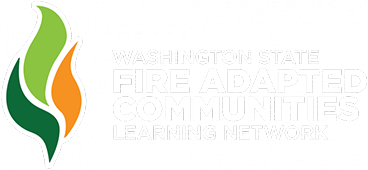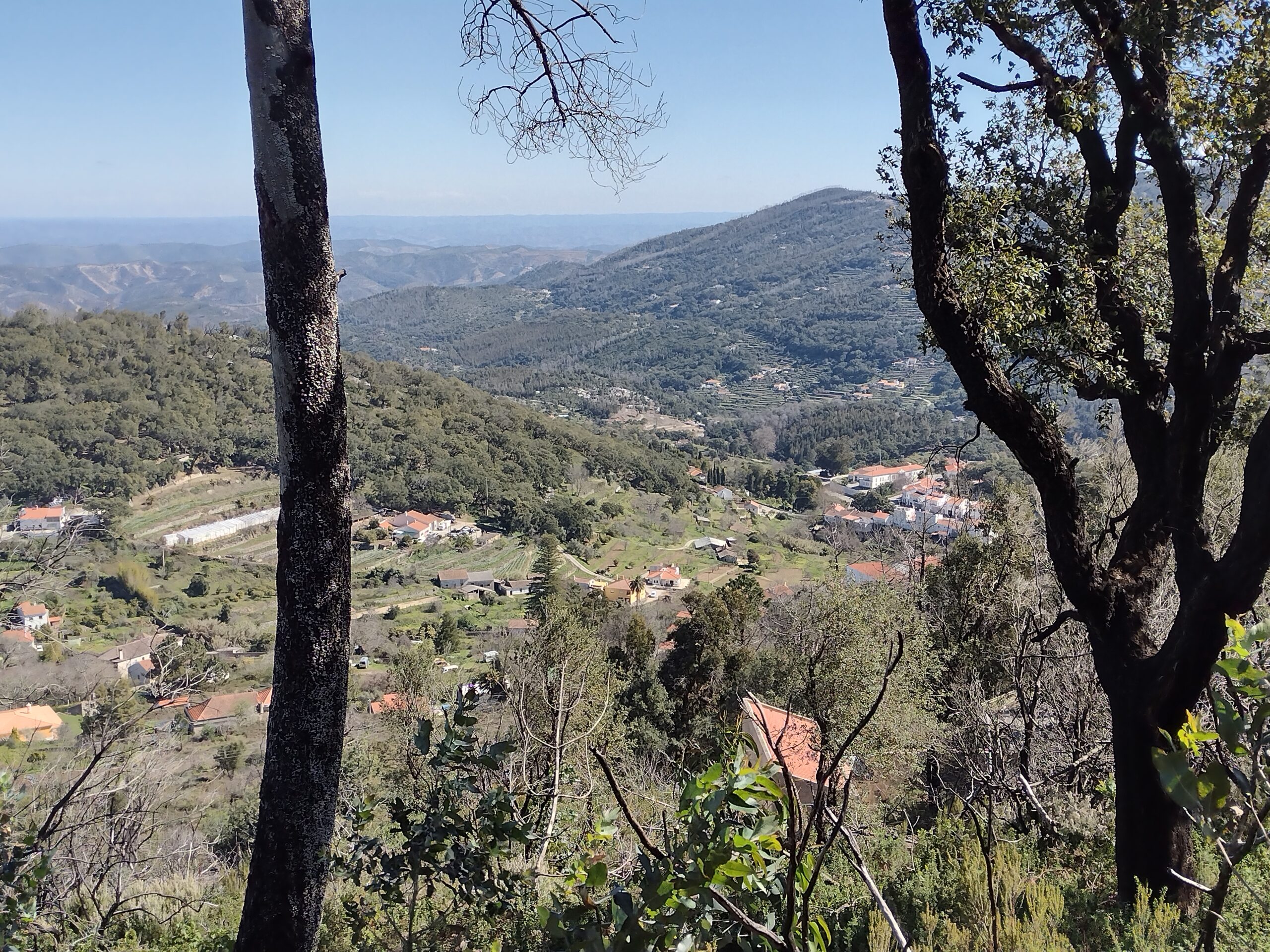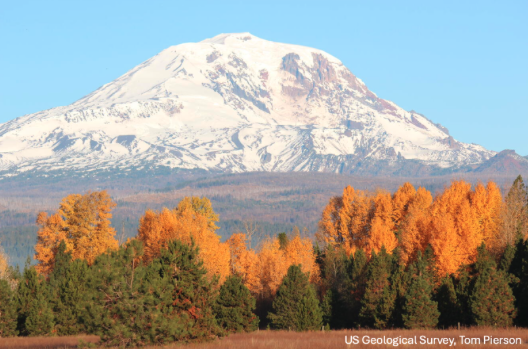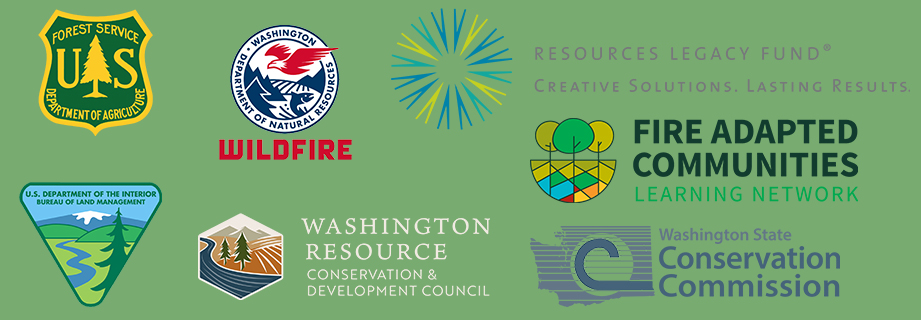About the Author: Kirsten Cook is a freelance communications professional with a background in environmental education and wildfire adaptation. From 2011-2021, she worked for the Okanogan Conservation District, leading their wildfire resilience, K-12, and community outreach programs. She is an avid traveler and discovered Safe Communities Portugal (SCP) while planning a trip. In 2023, Kirsten met with David Thomas, the founder and President of SCP, to learn more about SCP’s unique role in Portugal, especially regarding wildfire. This blog is the first part of a two-part series on Safe Communities Portugal. Part 2, “From Around the World: Safe Communities Portugal, An Interview with David Thomas,” can be found here.
About Safe Communities Portugal
Safe Communities Portugal (SCP) is Portugal’s only registered non-profit crime prevention and public safety association. Their team of volunteers provides official information, advice, and assistance concerning public safety and security to the international community in Portugal. SCP’s guiding philosophy is that everyone has a role in public safety and civil protection, including disaster preparedness.
Getting Started: Three Key Ingredients to Building Safe Communities Portugal

David Thomas is a retired police professional who served as the Assistant Commissioner of the Hong Kong Police until 2005. He relocated to the Algarve, Portugal’s southernmost region, where he worked as a consultant to INTERPOL (the International Criminal Police Organization) and the United Nations Office on Drugs and Crime (UNODC). The end of his contract with the UNODC coincided with the emergence of a significant problem with violent crime in which victims were often foreign citizens living in rural areas of the Algarve. With his policing background, he saw an opportunity to better connect police and other local authorities with the foreign community to improve public safety. He began promoting crime prevention by giving presentations to organizations such as International Rotary and local foreign communities, alongside Portuguese police organizations and other government agencies, and the British Consulate, who were all very supportive.
These efforts led to further discussions with police leadership in the Algarve. In October 2011, David created “Safe Communities Algarve” as an online platform to provide the community with comprehensive crime prevention information and services. Its reach quickly spread, and a year later, it was formally registered as Safe Communities Algarve. Due to widespread demand for its services in other areas of the country, the organization officially became “Safe Communities Portugal” (SCP) in 2015.
Getting buy-in from both police and civil protection authorities in Portugal was a crucial step in SCP’s development. David credits these strong partnerships to three key ingredients (or the “three C’s”).
- Credibility. David’s experience with INTERPOL and membership in the “police family” provided personal and professional credibility to his ideas and safety initiatives.
- Curiosity. David approached the project with an attitude of learning and sharing rather than trying to tell others what they should be doing.
- Commitment. For 12 years, David built strong relationships by meeting frequently with government authorities, tourism entities, and foreign resident groups.
His work paid off. Starting in 2012, SCP entered into a signed “Protocol” to formalize official partnerships with various authorities (“Protocols” in Portugal are similar to a Memorandum of Understanding (MOU) in the United States). These Protocols are indicative of SCP’s success, represent close relationships, and provide a framework for mutual cooperation to facilitate community protection and safety.
A Volunteer-Led One-Stop-Shop
SCP aims to be a “one-stop shop” of crime prevention and public information concerning security and safety. SCP uses radio, Facebook, Twitter, Instagram, LinkedIn, a newsletter and website, and interviews with other media outlets to reach their audiences. They focus on sharing information from official channels, sometimes supplemented with their information. This work involves translation and clarification since official government communiqués are not usually geared to a general public audience. Volunteers do SCP’s work: people with experience in translation, civil protection, policing, legal frameworks, disaster preparedness, etc. These volunteers work hard to stay current by monitoring the news daily, identifying information to share, and researching key topics.
Since our March 2023 interview, Safe Communities Portugal has launched a new Facebook Group called Protection Against Natural Disasters. Over 2,000 people joined in less than two months! It aims to help create greater risk awareness and preparedness among the population for all natural disasters, thus reducing their impact. To learn more about SCP’s numerous efforts, visit safecommunitiesportugal.com.
A huge benefit of SCP’s relationships with various entities has been the training opportunities for their volunteers. They are invited to webinars, other online trainings, meetings with government officials, and civil protection exercises. As an observatory member of the FirEUrisk project, they engage with wildfire professionals across Europe in this EU-wide effort to take a more holistic approach to wildfire preparedness, response, and recovery.
Timing is Everything: Connecting SCP and Wildfire

In a story that will be all too familiar to many of us, catastrophic, mass casualty fires spurred change across Portugal. In June and October of 2017, 111 people were killed by wildfires. Sixty-six people died in the Pedrógão Grande fire: the largest loss of life from wildfire in Portugal’s history. At the time, the risks of extreme weather like long-lasting heat waves and wind events were not as well recognized as they are now, and fires of such magnitude and size were not anticipated. New technology, such as more advanced satellite imaging, has helped in this respect.
The after-action review noted problems with coordination and communication. The head of the Agency for Integrated Management of Rural Fire (AGIF), a level of government equivalent to the ministerial level, invited SCP to share their views on improving communication, especially with visitors. SCP’s participation significantly raised its profile and buy-in from top-level government officials at a crucial time.

During the 2018 fire season, a significant fire occurred in Monchique, a mountainous area in southern Portugal. SCP met with the head of AGIF and the tourism board and distributed a considerable amount of information about risk management and fire status. These efforts reached over 80 thousand people and demonstrated SCP’s reach and efficacy in supporting community wildfire preparedness.
A Systematic Approach to Wildfire Preparedness
In 2006, Portugal adopted a land-clearing law. This law requires landowners to clear vegetation from 50 meters (165 feet) around individual homes and 100 meters (328 feet) around groups of houses and industrial sites. This work must be completed annually by the end of April or May, depending on climate conditions. Local agencies have awareness campaigns to remind people to do the work, and fines exist for those who don’t comply. However, the amount of unmanaged land, especially on properties without clear ownership, is an ongoing problem.
Portugal also has laws that require safety protocols and either permission or registration to burn waste. It has been a struggle to get compliance, especially from rural farmers who use fire on their property. In 2022, over half the fires across the country were escaped debris burns.

The National Authority for Emergencies and Civil Protection (ANEPC) has two ongoing and coordinated preparedness campaigns: “Safe Village” and “Safe People”. These efforts focus on education about wildfire risk and practical actions like evacuation drills and infrastructure improvements that can strengthen the safety of people living in towns in the wildland urban interface. Through these programs, high-risk villages are identified, and representatives from each village work with ANEPC on planning tasks like identifying assembly points, evacuation routes, refuge places, and residents with special needs. SCP helps with the communication and translation for each campaign, including consulting on products like posters and leaflets (see examples) to help people understand how to respond if there is a fire.
To learn more about David’s work, check out “An interview with David Thomas, Safe Communities Portugal” in Part 2 of this blog post series.
See Also:
Sharing Fire Adaptation Strategies in Spain by Chris Chamber, Ashland Fire and Rescue
Part 1: Who Does What in a Major Fire by David Thomas, Safe Communities Portugal
Part 2: Who Does What in a Major Fire by David Thomas, Safe Communities Portugal





